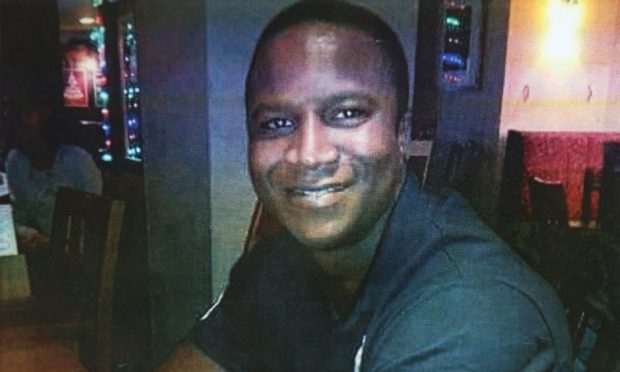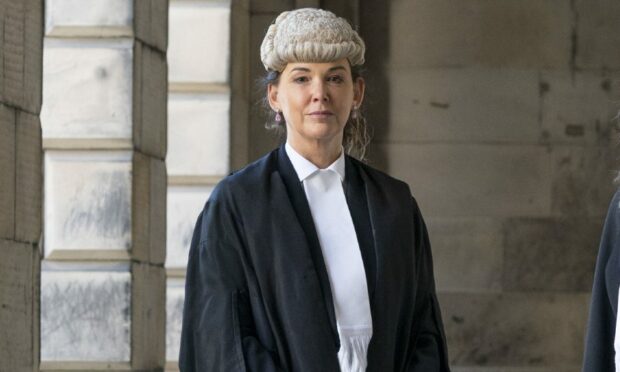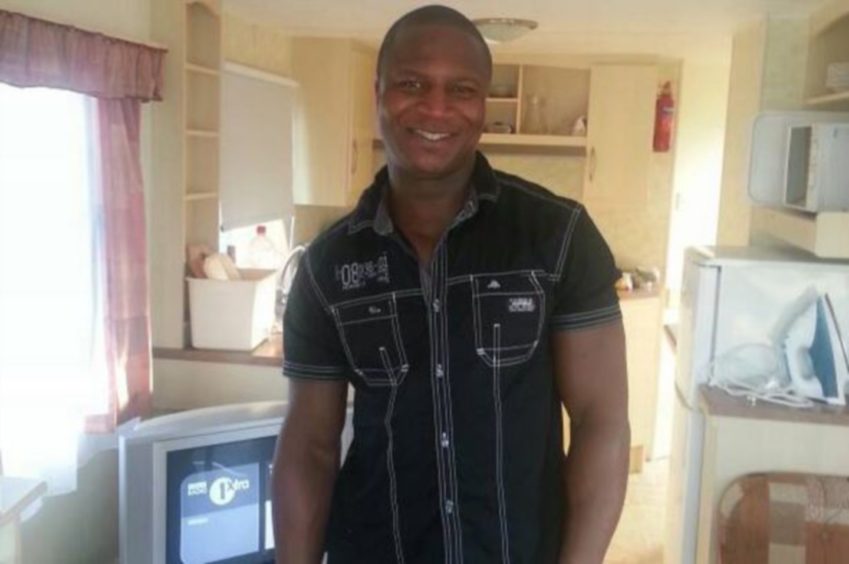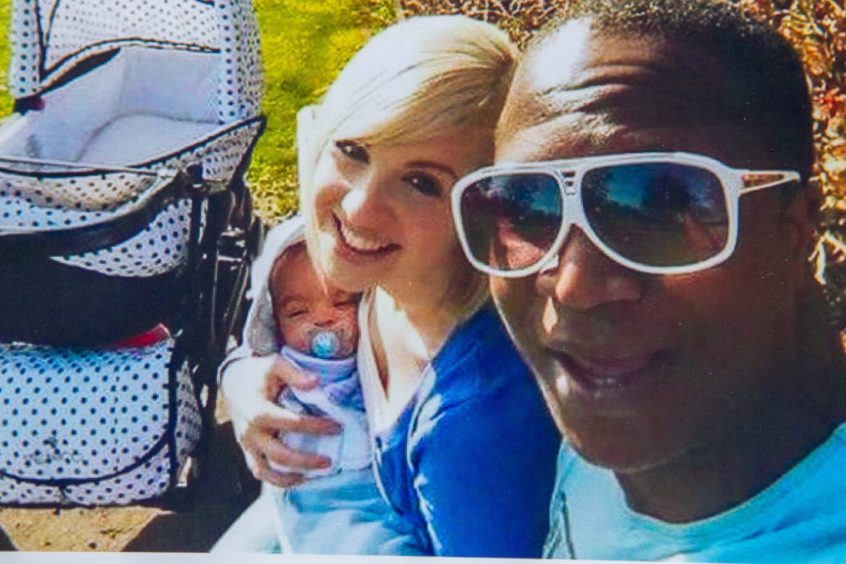It has emerged that, before becoming Scotland’s new chief prosecutor, Dorothy Bain had pushed for Police Scotland to face charges over the death of Fife man Sheku Bayoh.
Handed the task by the family’s solicitor, Aamer Anwar, Dorothy Bain was in private practice when she wrote a report outlining why police should face charges over the tragic incident in Kirkcaldy in 2015.
An article in the Sunday Mail states that the new Lord Advocate, sworn in last week, helped in the application for a Victim’s Right to Review (VRR) on behalf of the tragic dad’s family.
Report cites police failings
In the report, written before she took over her new role, Ms Bain highlighted a litany of failings in the decision not to prosecute the officers involved, and Police Scotland as an institution.
Father-of-two Mr Bayoh was found to have 23 injuries, including a broken rib and gashes to his head, after he was restrained by up to nine officers in the street.
The death of the 31-year-old gas engineer, who was originally from Sierra Leone but had lived in Fife since the 1990s, sparked a major crisis for Police Scotland and the Crown Office.
When she was appointed Lord Advocate Bain recused herself from a judge-led public inquiry into the incident.
Decision must be reversed
The Sunday Mail article claims the VRR – drafted by Bain and lodged with the Crown by Mr Anwar in 2019 – argues the decision not to prosecute should be reversed on the grounds:
- Police officers involved potentially broke the law by using unnecessary and unreasonable force.
- The officers may have perverted the course of justice by giving untrue statements after the incident.
- There was a strong public interest in the prosecution of Police Scotland under the Corporate Manslaughter and Corporate Homicide Act or health and safety legislation.
Restraint was unsafe
Extracts from the document state: “When one has regard to the whole circumstances of the case, the eyewitness testimony and the pathology evidence it is clear that there are good grounds for asserting that the manner and method of restraint used was inherently unsafe and caused or at least contributed to the death of Mr Bayoh.”
The report states it is “clear on the evidence that the use of force has been unlawful”.
It outlines how officers with a combined weight “greater than 40 stone” placed themselves on a vulnerable area of Mr Bayoh’s upper torso.
It concluded that this would have restricted his breathing and produced a “serious and life-threatening degree of asphyxia”.
The document adds: “Before Mr Bayoh came into contact with the police he was alive and walking along the road.
“He was then physically restrained by a method that carries with it a foreseeable risk of death.
“Immediately after his restraint was effected he was dead. All of this happened within a period of under five minutes.”
Family demand case be reopened
Just weeks before Bain was appointed, Mr Bayoh’s family wrote to the Crown Office demanding his case be reopened in the wake of George Floyd’s death in America.
Sheku’s sister, Kadi Johnson, said: “We are asking for due and urgent consideration to be given to this letter as it is our last hope that the Scottish legal system will deliver justice for all.”
A public inquiry opened in November but as yet no evidence sessions have been held as a result of the Covid pandemic.



